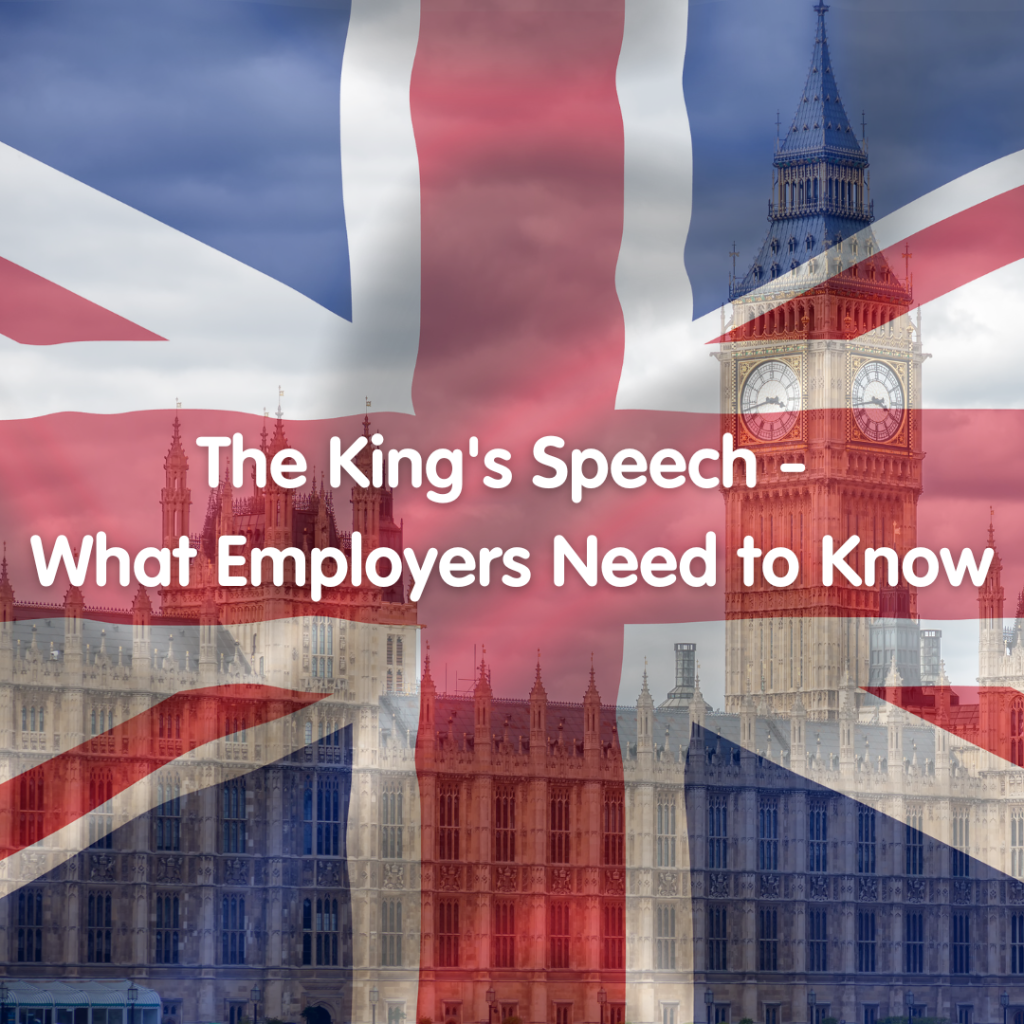
In a bid to resolve the difficulties faced by people in low paid jobs, the Government has recently announced its acceptance of the Low Pay Commission’s recommendations by confirming a 9.8% increase to the National Living Wage (NLW) for those aged 21 and over. The new hourly rate for those in this age bracket shall increase to £11.44 from April 2024.
The NLW is currently the statutory minimum wage for workers aged 23 and over. Following the changes, the current age threshold will be reduced to those aged 21 and over from April 2024. Younger workers are set to benefit significantly from these changes, although different minimum wage rates will continue to apply to 18–20-year-olds, 16-17 years old and apprentices aged under 19 or in the first year of an apprenticeship.
Minimum wage rates from April 2024
| NWM rate | Annual increase (£) | Annual increase (per cent) | |
| National Living Wage (for those aged 21 and over) | £11.44 | 1.02 | 9.8 |
| 21–22-Year-Old Rate | £11.44 | 1.26 | 12.4 |
| 18–20-Year-Old Rate | £8.60 | 1.11 | 14.8 |
| 16–17-Year-Old Rate | £6.40 | 1.12 | 21.2 |
| Accommodation Offset | £9.99 | 0.89 | 9.8 |
The changes will see the largest ever cash increase to the minimum wage in more than a decade, enhancing the wages of almost three million workers in the United Kingdom. With the costs of living continuing to rise and inflation still running at 4.6%, these increased rates are welcome. That said, the changes will undoubtedly impact certain economic sectors and businesses more so than others.
These significant increases in minimum wage rates announced by Chancellor Jeremy Hunt will have a range of effects on employers across the UK. Here’s a breakdown of the potential impacts:
Labour Costs and Pricing Strategies
The substantial rise in minimum wage rates will directly impact employers’ labour costs, requiring them to adjust their wage budgets and potentially increase prices to offset the additional expenses. Businesses, especially those with a high proportion of low-paid workers, may need to carefully evaluate their pricing strategies to ensure they can maintain profitability while complying with the new wage requirements.
Operational Efficiency and Productivity
Employers may seek to enhance operational efficiency and productivity. This could involve streamlining processes, implementing automation where feasible, or investing in training and development programs to improve employee skills. By maximising efficiency, businesses can reduce the overall labour burden and offset the higher wage costs.
Skills Shortage and Recruitment Challenges
The increased minimum wage rates may also exacerbate the existing skills shortage in certain sectors, such as hospitality and retail. As employers compete for a limited pool of skilled workers, they may need to offer higher wages, benefits, or other incentives to attract and retain talent. This could further drive up labour costs and intensify recruitment challenges.
Small Businesses and SMEs
Small and medium-sized enterprises (SMEs) may face particular difficulties in adjusting to the rising minimum wage rates. Their smaller budgets and limited financial resources may make it more challenging to absorb the additional costs without impacting profitability or service quality. Government support measures, such as tax breaks and apprenticeship support, may play a crucial role in assisting SMEs navigate these challenges.
Public Perception and Employer Reputation
On the positive side, the increase in minimum wage rates could positively impact employer reputation and public perception. Demonstrating a commitment to fair pay and supporting the well-being of employees can enhance a company’s brand image and attract potential customers and talent. Businesses can leverage this opportunity to foster a positive and ethical work environment.
Long-Term Implications and Competitive Landscape
In the long term, the rising minimum wage rates could lead to an overall increase in productivity and quality of work, as employees feel more valued and motivated. This could benefit businesses in the long run by enhancing their competitive edge and attracting loyal customers.
Obligations on you as employer to pay the National Living Wage
Employers must be aware that it is a criminal offence not to pay someone the National Minimum Wage. If you discover that you have not paid a worker the correct minimum wage corrective action must be taken immediately. The potential consequences of failing to pay the minimum wage include a government issued fine and offenders may also be named by the government.
National Living Wage: top tips for employers
- Start planning workforce budgets now to factor in increased labour costs.
- Keep on top of payroll practices and maintain up to date and accurate payroll records, agreements about working hours and pay as evidence that you are paying employees the minimum wage. Such records must be kept for at least 6 years if they were created on or after 1 April 2021.
- Monitor working hours accurately – even for salaried workers with fixed hours. It is still possible for a salaried worker to be paid less than the minimum wage if they work above their contractual hours without additional remuneration.
- Stay informed about new NLW rates and annually review the pay received by younger workers to ensure that they are receiving the correct rate for their age.
- Train managers and HR personnel to ensure that they are aware of the Company’s legal obligations as employer to prevent unintentional breaches of the minimum rates.
- Take caution when making deductions from employee wages by ensuring that such deductions are lawful and do not result in pay falling below NLW.
- Ensure that you have a high performing workforce and that any performance concerns are managed appropriately
- Seek professional advice and support if in doubt.
If you have any questions about the national minimum wage increase and how this may affect your business or charity contact us today.






